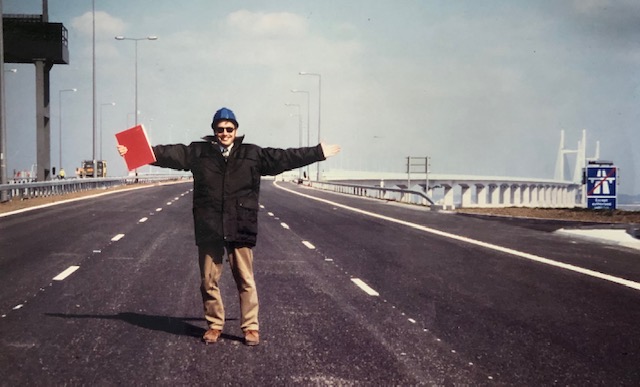- Death wish - 23rd February 2026
- Return to sender - 20th February 2026
- Legal eagle - 19th February 2026
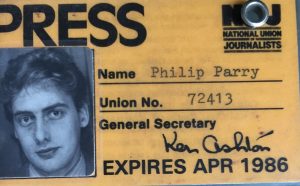
Our Editor Phil Parry here looks at how massive changes in attitudes towards gay people during his long career in journalism, have affected everyone.
In the past he has described how he was helped to break into the South Wales Echo office car when he was a cub reporter, recalled his early career as a journalist, the importance of experience in the job, and making clear that the‘calls’ to emergency services as well as court cases are central to any media operation.

He has also explored how poorly paid most journalism is when trainee reporters had to live in squalid flats, the vital role of expenses, and about one of his most important stories on the now-scrapped 53 year-old BBC Cymru Wales (BBC CW) TV Current Affairs series, Week In Week Out (WIWO), which won an award even after it was axed, long after his careerreally took off.
Phil has explained too how crucial it is actually to speak to people, the virtue of speed as well as accuracy, why knowledge of ‘history’ is vital, how certain material was removed from TV Current Affairs programmes when secret cameras had to be used, and some of those he has interviewed.

Earlier he outlined why investigative journalism is needed now more than ever although others have different opinions, and how information from trusted sources is crucial at this time of crisis.
It is easy to forget the enormous changes in attitudes towards sexuality that have happened in just a few years – not least in Wales.
Gay sex in the UK was only made legal 53 years ago.
When I started in journalism on the South Wales Echo in 1983, the reporter next to me used to disinfect the telephone every time a gay person used it, and there were so-called ‘jokes’ about people like this.
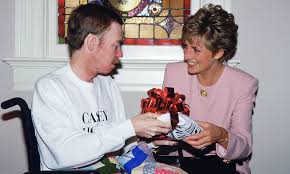
It was a story in itself when somebody completely unknown said they had AIDS.
I remember sitting in a car outside the Cardiff house of one victim in 1984, waiting to get an interview with him.
Transvestites and transexuals were not unknown, but if people like them featured in a story there would be a litany of appalling comments about them in the newsroom.
Today these things would be unthinkable thankfully.

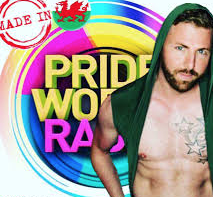
Now in Wales we have (in normal times) Mr Gay Wales (Mr Hoyw Cymru) – a Welsh gay male beauty pageant, founded in 2005 as part of the Cardiff Mardi Gras celebrations.
Heats are held at gay venues around the country with the winner of each heat representing that venue or city in the final.
As well as gaining the title Mr Gay Wales, the winner also has the opportunity of representing Wales in the Mr Gay Europe contest.
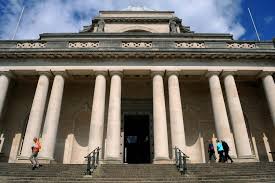
In June of last year the National Museum of Wales/Amgueddfa Cymru published details of Lesbian, Gay, Bisexual and Transgender (LGBT) figures from history.
As Lloyd Best from Cardiff said: “Fight for the right to exist and challenge those who are trying to roll back those rights”.
Meanwhile the picture across the UK is one of more and more young people being relaxed about sexual orientation.
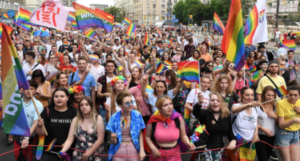
Using data from the annual population survey, the Office for National Statistics (ONS) found that in 2017, 93.2 per cent of people – equating to about 49.2 million – said they were heterosexual, and this figure is falling every year.
The percentage of people who self-identified as Lesbian, Gay or Bisexual (LGB) remained unchanged from the previous year at two per cent, or 1.1 million, but the proportion who ticked a box marked “other” increased from 0.5 per cent to 0.6 per cent.

Another 4.1 per cent said they did not know their sexuality, or refused to answer.
People aged 16 to 24 were more than twice as likely as the general population to identify as LGB.
The survey recorded that 4.2 per cent of younger people now said they were LGB.

The 16-24 age group also had the highest proportion of people recording their sexuality as other, at 0.9 per cent, and the highest proportion either refusing to state their sexuality or saying they did not know, at 5.3 per cent.
Across the UK 2.3 per cent of men, and 1.8 per cent of women, identify as LGB.
But these figures almost certainly underestimate the situation.
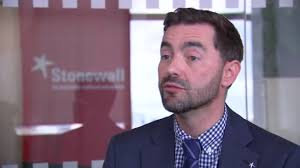
Paul Twocock, Director of Campaigns, Policy and Research at Stonewall, said: “We’re pleased the (UK) Government plan to include questions on sexual orientation and gender identity in the 2021 census, which will give an even more reliable indication of the size and location of the LGBT population in the UK”.
In much of the world generally there is a growing tolerance towards gay people, with prominent public figures openly displaying their sexuality.
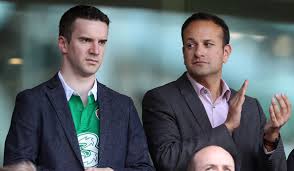
Leo Varadkar, the Prime Minister of Ireland until June, has a male partner; Serbia’s Prime Minister is a lesbian, as is the Scottish Conservative leader until recently and the mayors of Chicago and Bogotá, the Colombian capital.
A leading potential Democratic US presidential candidate is a man married to another man.
You can play bingo with drag queens in Moscow, dance in gay bars in Nairobi (where gay sex is still illegal) and use gay hook-up apps in Beijing (where until 1997 gay people were jailed for ‘hooliganism’).
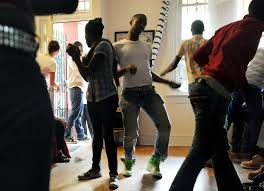
Even in remote places, smartphones help teenagers discover that they are not alone, and the knowledge gives more of them the courage to come out.
In 1985 barely a fifth of Americans had an openly gay relative, friend or colleague, yet now 87 per cent say they know someone gay or lesbian.
Even so there are also plenty of places where being gay remains taboo.
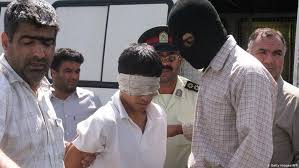
In liberal countries still, gay members of some religious and ethnic minorities have a tough time.
Gay sex continues to be illegal in 68 countries, and punishable by death in a dozen.
The International Lesbian, Gay, Bisexual, Trans and Intersex Association, a lobby group, has members in 164 countries.

Increasingly though, being gay is seen as nothing special, and this is to be applauded.
In the 1980s a close friend of mine, who was also a trainee reporter, came out to me saying: “I’m still exactly the same. I just want to be known as a ‘good reporter’ not a ‘gay reporter'”.
Unfortunately then he did become known as a ‘gay reporter’.
It wouldn’t happen now though…

Tomorrow – details about the branches of an official Welsh independence organisation which urge people to attack a military base, and another which asks provocatively what should be ‘done’ about unionists.
The memories of Phil’s astonishing 37-year award-winning career in journalism when attitudes altered so markedly as he was gripped by the rare neurological disabling condition, Hereditary Spastic Paraplegia (HSP), have been released in a major book ‘A GOOD STORY’. Order the book now!








